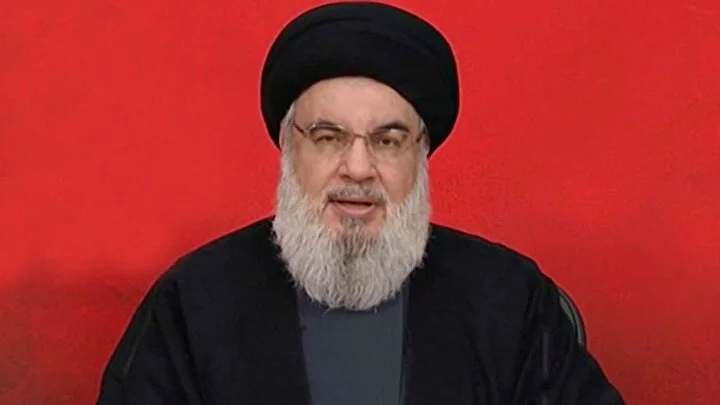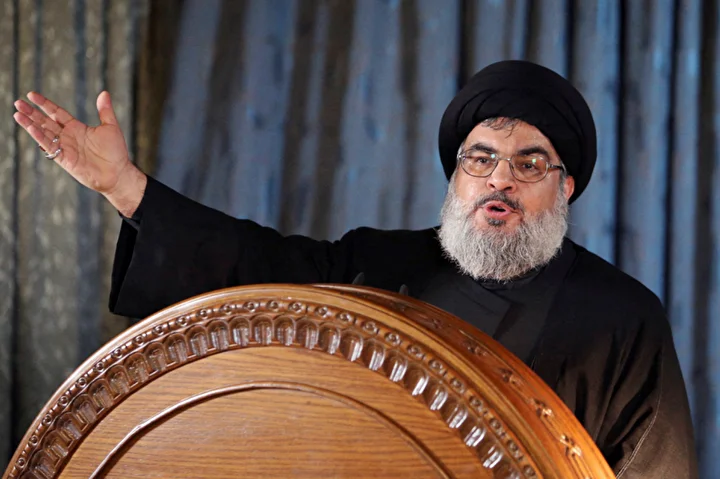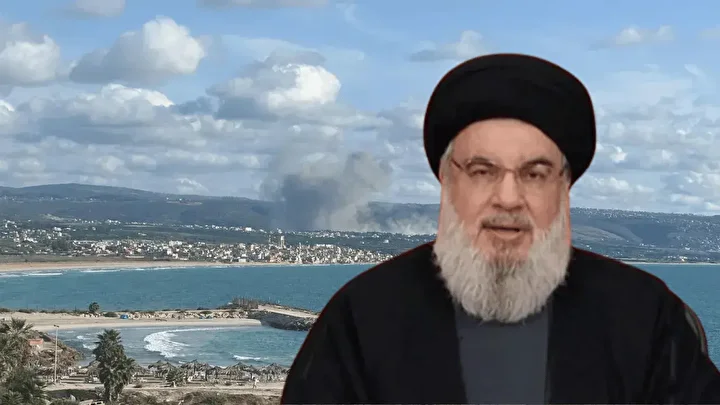The Middle East, long a region riddled with conflict, finds itself at a critical juncture as speculation mounts around the health of Hezbollah’s Secretary General, Hassan Nasrallah. In a region where leaders hold both symbolic and strategic influence, rumors of Nasrallah’s potential injury or death have sent shockwaves across the geopolitical landscape.
The Symbolism of Hassan Nasrallah in Hezbollah’s Leadership
To understand the gravity of the situation, it’s crucial to grasp Nasrallah’s pivotal role in the decades-long Israel-Hezbollah conflict. As the figurehead of Hezbollah, he has not only directed its military confrontations but also shaped its alliances with Iran and Syria. For Hezbollah supporters, Nasrallah is a symbol of enduring resistance against Israel. His absence, real or imagined, could shift the balance of power in Lebanon and beyond.
The 2006 Lebanon War and Its Echoes Today

Recent Israeli airstrikes targeting Beirut’s southern suburbs echo past escalations, most notably the 2006 Lebanon War, when Nasrallah led Hezbollah through a month-long conflict that devastated Lebanon. Fast forward to today, with the war in Gaza further escalating tensions, Hezbollah’s involvement on Israel’s northern front could potentially turn a localized conflict into a regional war.
Hezbollah Responds: “We Do Not Deny, We Do Not Confirm”
Amid the swirling rumors, Hezbollah has broken its silence, neither confirming nor denying the reports of an assassination attempt on Nasrallah. In a carefully worded statement, Hezbollah acknowledged the speculation but refrained from confirming his death, stating: “We neither confirm nor deny.” They further emphasized that Israel would not have access to such sensitive information, accusing those behind the rumors of waging psychological warfare. Hezbollah asked for prayers from their supporters, reinforcing the emotional and symbolic weight of the situation.
Psychological Warfare
As the region awaits official confirmation on Hassan Nasrallah’s health, the air is thick with speculation, denials, and psychological warfare. Hezbollah, in a recent statement, dismissed the rumors as part of an ongoing disinformation campaign designed to weaken its standing. In the modern age of warfare, battles are fought not only with weapons but also through information, where propaganda and rumor-spreading can blur the lines between truth and deception.

The Role of Psychological Warfare
The uncertainty surrounding Nasrallah’s condition is part of a broader strategy that both sides, Israel and Hezbollah; have mastered over the years. By keeping Nasrallah’s status ambiguous, Hezbollah may be attempting to maintain a psychological advantage, leveraging symbolism to prevent an escalation, while Israel could be using the ambiguity to sow doubt and fear among Hezbollah’s supporters. The emotional toll of this uncertainty can often match or even exceed the physical devastation caused by direct military conflict.
How Nasrallah’s Fate Shapes Middle Eastern Geopolitics
Beyond the question of Nasrallah’s health lies a more profound concern: how his potential absence might reshape the Middle Eastern geopolitical landscape. Hezbollah, without its charismatic leader, could face internal divisions and a weakened position in Lebanon. On the other hand, should Nasrallah emerge unscathed, it could galvanize Hezbollah’s supporters and bolster its alliances with Iran and Syria, potentially reinvigorating its resistance efforts against Israel.

Israel Lebanon Conflict
This situation comes at a critical time, with the ongoing conflict in Gaza and heightened tensions across the Middle East. The potential for Hezbollah to escalate its military involvement on Israel’s northern border is significant. Without Nasrallah’s strategic leadership, however, Hezbollah could adopt a more cautious approach, avoiding a direct confrontation that might spiral out of control. Conversely, his recovery or survival could reignite a sense of purpose among Hezbollah fighters, escalating the already volatile situation.
Middle East Politics
As the world waits for official confirmation on Nasrallah’s health, one thing is clear: this moment marks a pivotal point in Middle East politics. Whether he recovers or not, the symbolic weight of his leadership and the potential for Hezbollah’s response will undoubtedly shape the region’s future in the coming days. Leaders in the Middle East are more than political figures—they are often seen as the embodiment of the groups and nations they lead. This makes the outcome of these rumors not just a matter of Nasrallah’s personal fate, but one that could impact the future of Lebanon, Israel, and the broader Middle East for years to come.















